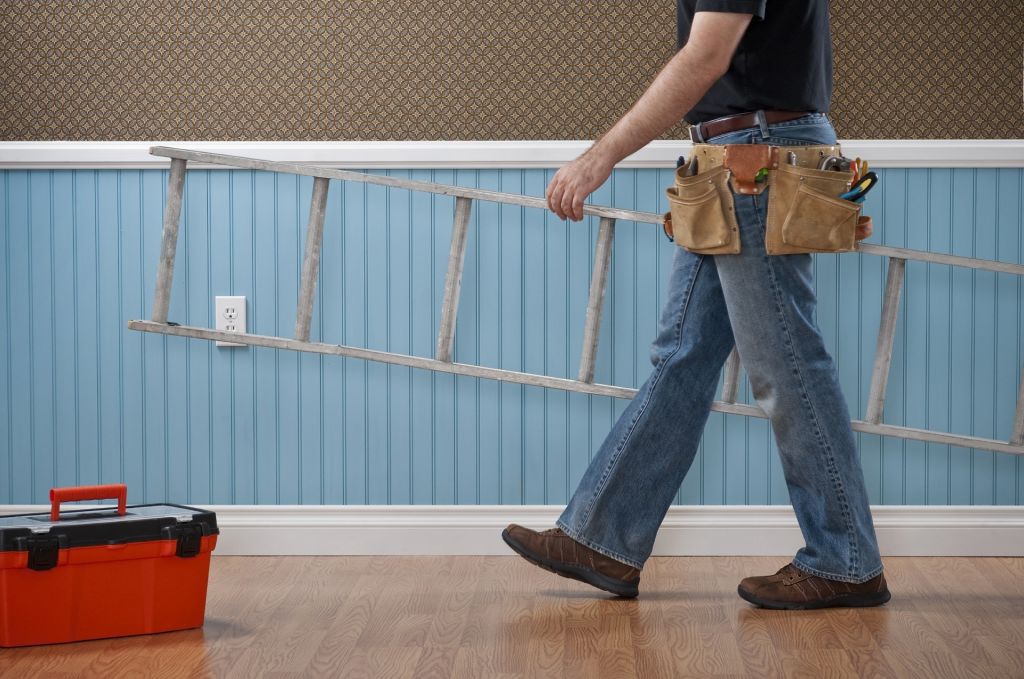Ways to save money on your rental property

Minimise your property’s vacancy rate
One of the best ways to save money on your rental property is to keep it tenanted and avoid expensive vacant periods. There are a number of ways you can help minimise your rental vacancy rate.
- Keep your property in prime condition. This does not mean overcapitalising with unnecessary or expensive renovations, but rather keeping it in good repair. This may include giving it a fresh coat of paint, ensuring the hot water system is in good working order and modernising frequently used fixtures such blinds, kitchen cabinetry and flooring.
- Offer a competitive rental rate. Do your research into comparable rental properties on the market and assess current vacancy rates in your area.
- Don’t rush your property onto the market. The longer a rental is on the market the harder it is to rent, so make sure you have conducted relevant inspections and carried out necessary repairs in time for prompt tenant inspections. Offering a competitive rental rate will also help to reduce ‘on-the-market’ time.
- Look after good tenants. Reducing tenant turnoveris key to minimising periods of vacancy. Respond to repair requests in a timely fashion and only increase the rent when justified or reasonable.
A prudent rental property investor will conduct quality research into the proposed rental property’s location. As Neville Sanders, president of the Real Estate Institute of Australia explains, market research will provide insight into the ratio of properties to tenants. When there are many more properties than prospective tenants, it will inevitably effect overall vacancy rates.
Existing landlords have little or no control of the property-to-tenant ratio in their local area and these ratios can change.
“If you are already a landlord, ensure that you are offering your property at a competitive market rate. Your agent or property manager should have access to data that can help inform the rental rate of your property. It also pays to ensure that your property is in good condition. And if you have an existing tenant, make sure that any maintenance issues are attending to promptly,” advises Sanders.
Seek competitive maintenance, repair and building services
Paul Drum, Head of Policy at CPA Australia, recommends that property investors shop around before engaging suppliers of maintenance, repair and building work, and look beyond a real estate agent’s preferred supplier list.
“As with anything to do with building, before doing anything, get a number of quotes and negotiate. Don’t necessarily go with the cheapest quote – go with the quote that best meets your needs,” says Drum. “Don’t just accept the tradespeople proposed by your agent – ask your agent to seek several quotes.”
Claim all possible tax deductions
Are you aware of all the tax deductions you are entitled to? If you can’t confidently say ‘yes’, refer to our rental property taxation special with in-depth guidance from CPA Australia’s Paul Drum on eligible deductions and capital gains tax management.
Cut rental property running costs
Utility bills
Across the Australian state and territories it is common for water rate charges to fall to the landlord. There are exemptions; for example, if the property is individually metered and the property meets required water efficiency standards. If water rates are to be passed on to the tenant, this needs to be outlined in the tenancy agreement. Enquire at your local Fair Trading or Consumer Affairs branch to determine your water rate obligations.
There are simple ways you can cut water consumption at your rental property. First, ensure there are no leaking taps or fixtures – a leaking tap can waste more than 12,000 litres in a year, while a leaking toilet can waste up to 96,000 litres in a year. By installing water-efficient taps and showerheads you can literally cut water usage in half.
Insurance costs
As a landlord, you are likely to have several forms of insurance covering your rental property, including building insurance, landlord insurance and, if you own an apartment or townhouse, strata insurance. Depending on your financial status, you may also have mortgage protection insurance or lenders mortgage insurance (if you have borrowed more than 80 per cent of the property’s value).
There are key ways you can reduce your insurance costs, such as:
- Bundling your insurance premiums to obtain a multi-policy discount
- Paying annually to gain a premium reduction
- Increasing your excess to reduce your overall charges – but be aware that this will cost you more if you make a claim
- Reducing risks around your property – for example, by upgrading security and fixing unsafe walkways
- Protecting your no-claim bonus – by not claiming the cost of small repairs you can cut 25–65 per cent off your policy premiums.
Council rates, land tax and strata fees
Council rates are a significant ongoing cost to property owners. They vary between local councils and are levied against the value of your property. If there has been a sudden hike in your rates or if you believe the rates you are paying are inflated, your best recourse is to request an Objection to Valuation from the Valuer General.
A similar process applies with land tax levies. A land valuation is carried out annually, which is used to determine the rate of land tax an investment property owner must pay. If you disagree with the valuation, you can contest the outcome. There are firms that specialise in land tax valuations – always use an accredited valuer.
Finally, to strata fees. Owners of an investment unit or townhouse will be required to pay strata or body corporate fees, which cover the maintenance and upkeep of the building’s common areas. There are a number of ways to minimise strata obligations, including reducing building running costs (such as by installing energy efficiency fixtures and reviewing the strata scheme’s insurance) and contesting unnecessary upgrades or renovations.
We recommend
We thought you might like
States
Capital Cities
Capital Cities - Rentals
Popular Areas
Allhomes
More
- © 2025, CoStar Group Inc.







